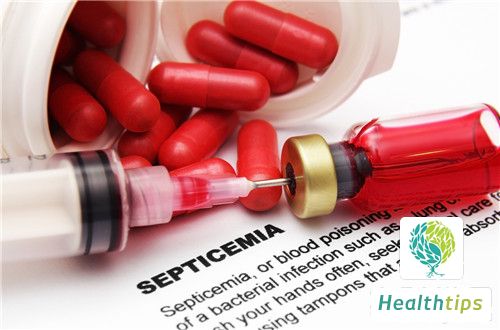Gamma globulin costs around 700 yuan, and its specification is 50ml per bottle. Gamma globulin can be used to treat neonatal sepsis, which can be troublesome once contracted and poses a significant threat to a child's physical health. Severe cases can even lead to brain damage, having a significant impact on a child's intellectual development. Therefore, timely medication is crucial. Usage of gamma globulin: Administration method: Intravenous drip or diluted 1-2 times with 5% glucose solution for intravenous drip. Start with a drip rate of 1.0ml/minute (about 20 drops/minute) and if there are no adverse reactions after 15 minutes, the speed can be gradually increased. The fastest drip rate should not exceed 3.0ml/minute (about 60 drops/minute). Dosage should be administered as prescribed. Recommended dosages: 1. For primary immunoglobulin deficiency or hypogammaglobulinemia, the initial dose is 400mg/kg of body weight; maintenance dose is 200-400mg/kg of body weight, with the dosing interval determined based on the patient's serum IgG level and condition, generally once a month. 2. For primary thrombocytopenic purpura, 400mg/kg of body weight daily for 5 consecutive days. The maintenance dose is 400mg/kg of body weight each time, with the interval determined based on platelet count and condition, generally once a week. 3. For severe infection, 200-300mg/kg of body weight daily for 2-3 consecutive days. 4. For Kawasaki disease, administered within 10 days of onset, with a therapeutic dose of 2.0g/kg of body weight for children, administered in a single infusion. What are the harms of neonatal sepsis? Neonatal sepsis also has a significant impact on a child's intellectual development. If neonatal sepsis is not treated timely and thoroughly, it can lead to hyperbilirubinemia, even nuclear jaundice, and purulent meningitis, all of which can affect a child's intellectual development. Therefore, if a child has skin pustules, redness and suppuration of the umbilical cord, or buttocks rash and ulceration, they should be taken to the hospital for diagnosis and treatment. If a child has reduced milk intake, lethargy, crying, worsening jaundice, abdominal distension, diarrhea, etc., they should be hospitalized for thorough anti-infective treatment to effectively stop the progression of the condition.


